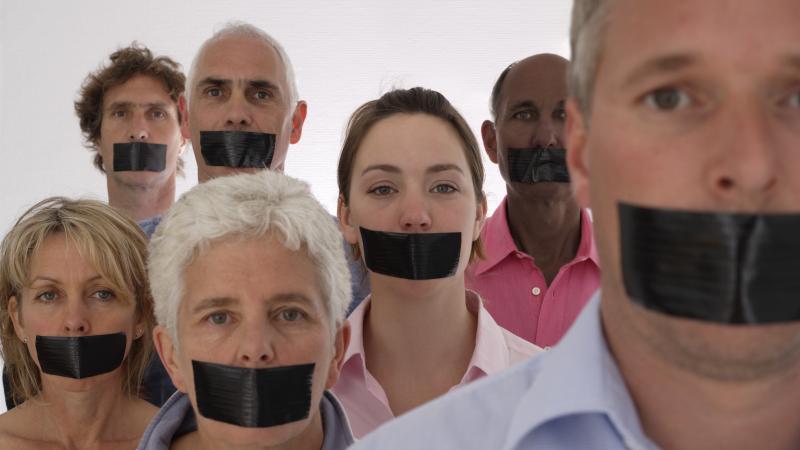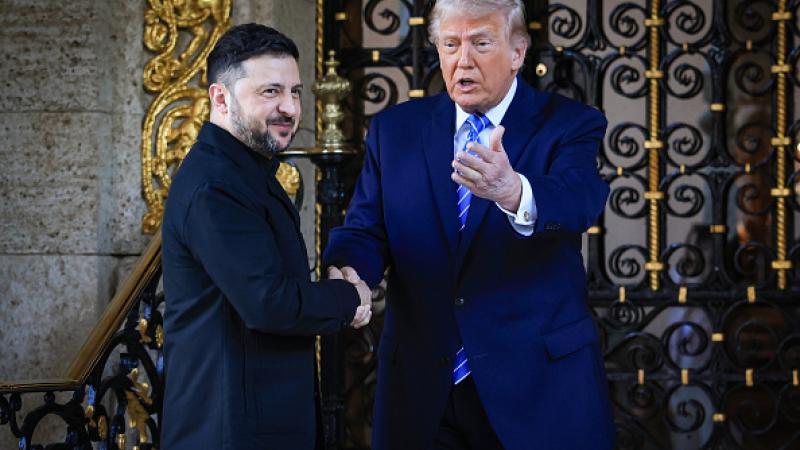COVID-19 vaccine Q&A: 10 things to know now that Moderna inoculation is approved
Answers to FAQs about the latest COVID-19 vaccine.
Moderna's COVID-19 vaccine has been granted emergency use authorization by the U.S. Food and Drug Administration (FDA), becoming the second inoculation sped to the market by the Trump administration's Operation Warp Speed.
It joins Pfizer's vaccine approved earlier this month, clearing the way for tens of millions of shots to be distributed across America.
Here are the top 10 things to know about the Moderna vaccine:
- Two doses of the vaccine are required, taken 28 days apart.
- The vaccine has a 94.5% efficacy rate.
- The U.S. bought 200 million doses of the vaccine to be delivered through June 2021 and "has the option to acquire up to an additional 300 million doses," according to the Department of Health and Human Services.
- According to FDA, "The most commonly reported side effects, which typically lasted several days, were pain at the injection site, tiredness, headache, muscle pain, chills, joint pain, swollen lymph nodes in the same arm as the injection, nausea and vomiting, and fever." Most people experienced these side effects after the second dose, rather than the first.
- This is a messenger RNA (mRNA) vaccine, meaning that, "The vaccine contains a small piece of the SARS-CoV-2 virus’ mRNA that instructs cells in the body to make the virus’s distinctive 'spike' protein," according to the FDA. "After a person receives this vaccine, their body produces copies of the spike protein, which does not cause disease, but triggers the immune system to learn to react defensively, producing an immune response against SARS-CoV-2."
- The U.S. spent $4.1 billion on this vaccine.
- The vaccine was granted emergency use authorization by the FDA, which is not the same as being approved for licensure. The FDA explains the EUA process: "If the product meets the effectiveness standard and the benefit-risk assessment is favorable, the product is made available during the emergency...The FDA also expects manufacturers whose COVID-19 vaccines are authorized under an EUA to continue their clinical trials to obtain additional safety and effectiveness information and pursue approval (licensure)." Also according to the FDA, "The EUA for Moderna COVID-19 Vaccine may be revised or revoked if it is determined the EUA no longer meets the statutory criteria for issuance."
- The vaccine "was co-developed by Moderna and scientists from the National Institute of Allergy and Infectious Diseases (NIAID), part of the National Institutes of Health, with NIAID also supporting the vaccine’s nonclinical studies and clinical trials."
- With regard to possible unknown side effects of the vaccine, Moderna says that "use in large numbers of individuals may reveal additional, potentially less frequent and/or more serious adverse events not detected in the trial safety population of approximately 30,000 participants over the period of follow-up at this time. Active and passive safety surveillance will continue during the post-authorization period to detect new safety signals." The FDA recommends that if a recipient experiences a severe allergic reaction, he or she should call 9-1-1 or go to the nearest hospital. Additionally, if a recipient experiences side effects that are bothersome or do not stop, they should call his or her healthcare provider or the vaccination provider. If there are "serious adverse events" following the receipt of the Modern vaccine, the vaccination provider is responsible for mandatory reporting to the Vaccine Adverse Event Reporting System.
- According to the New York Times, "The emergency authorization kicks off a swift and complex drive to distribute some 5.9 million doses of the Moderna vaccine around the country, with shipping to begin on Sunday and deliveries starting on Monday. The first Moderna vaccinations could then be given hours later."
















